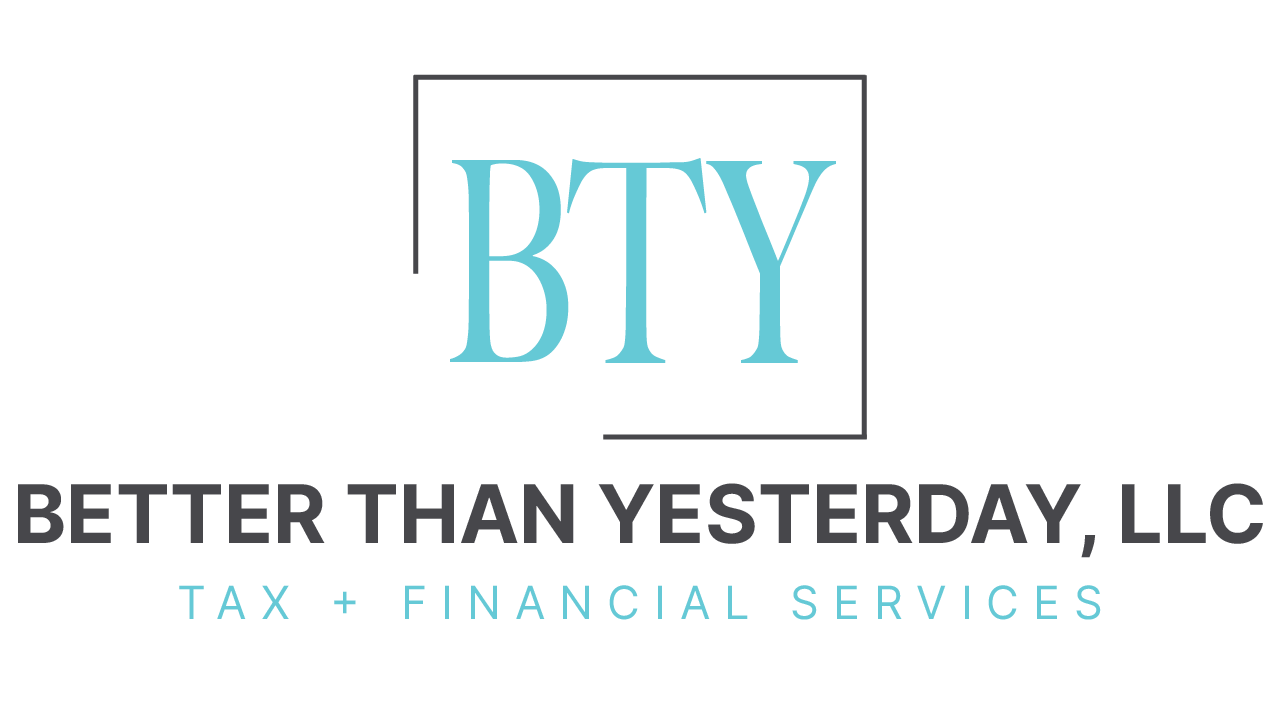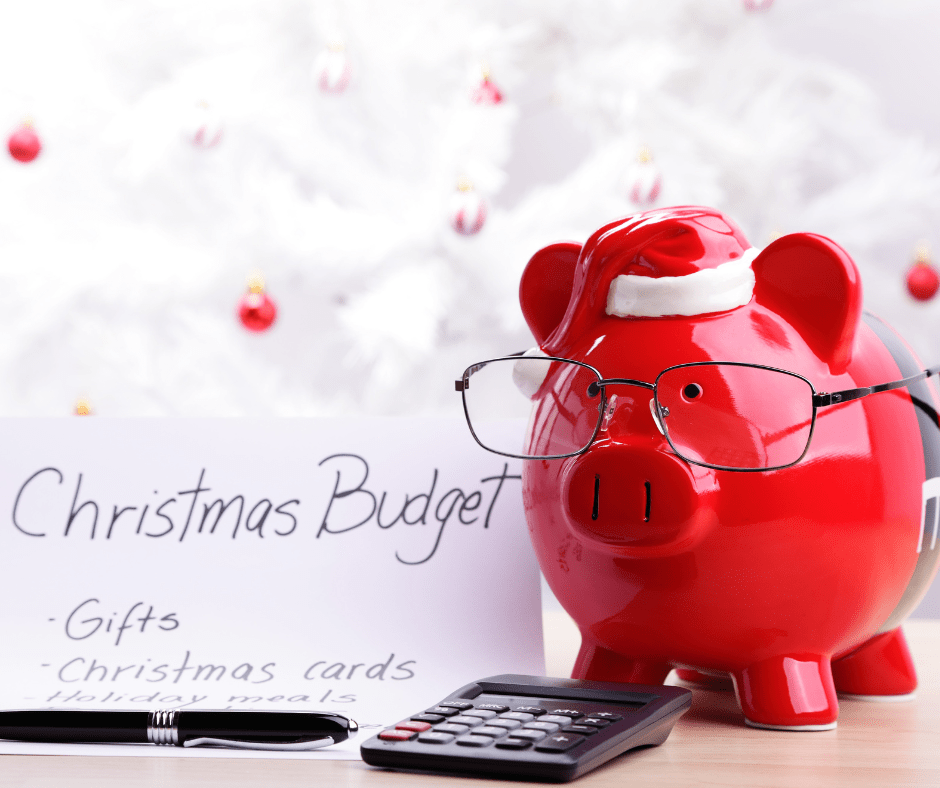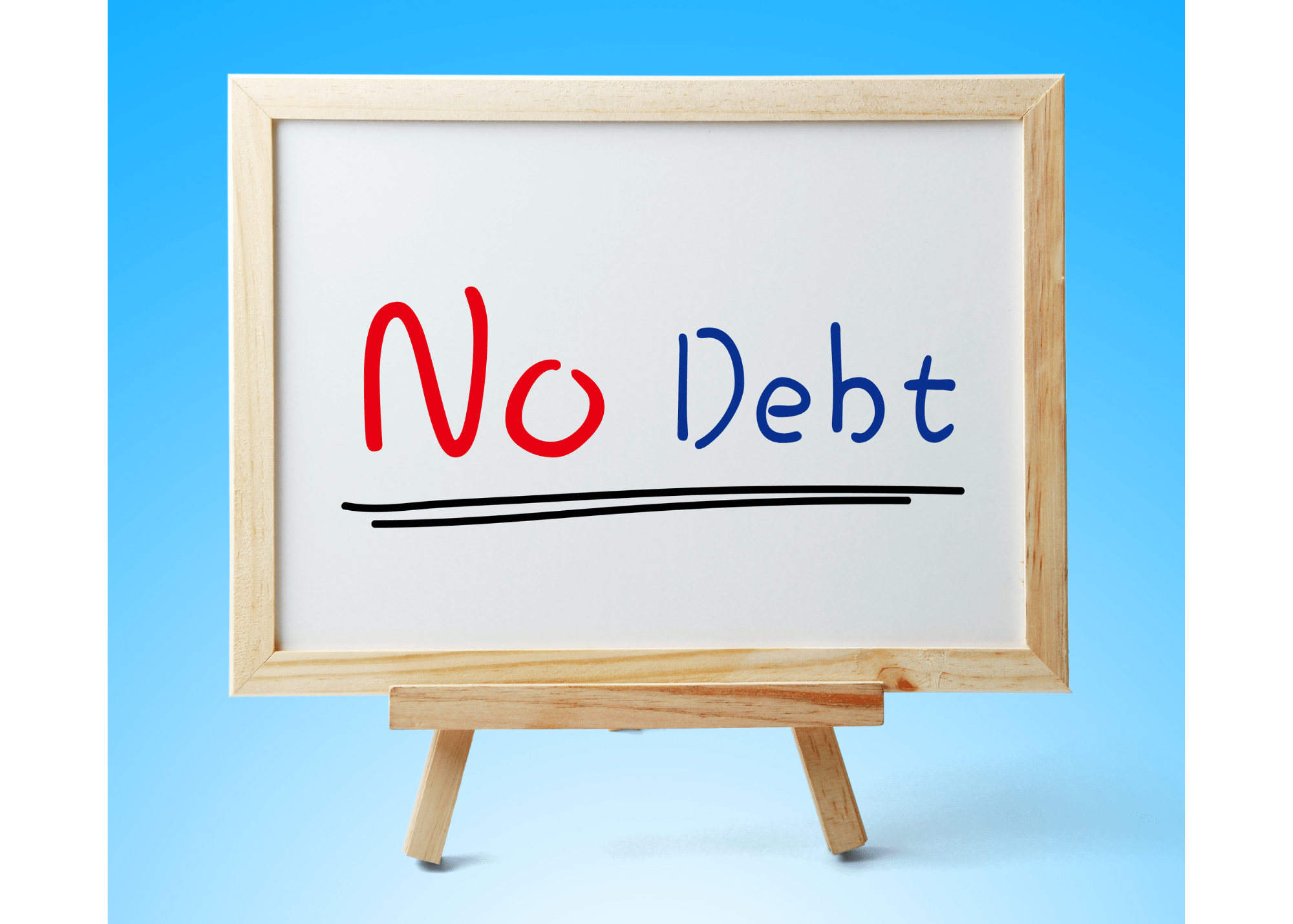Being financially organized isn’t in everyone’s blood, but it is the key to making things less stressful!
If you are procrastinating about getting your finances in order, it may be because your finances are a mess that you aren’t ready to clean up.
Or maybe you don’t know where to start with cleaning them up!
Download The Finance Checklist to follow along.
Here’s a list of seven tips to get you started –
1. Declutter Your Records
Not to generalize anybody, however, most people that are not financially organized throw all of their “important” documents in a box. To potentially be organized at a later date.
Or to give to their tax accountant at the end of the year.
Or to give to their IRS agent if they get audited. Which will not help you in an audit! Learn how to survive an audit here!
See we accountants enjoy organization; we like a clean and organized set of documents. It makes us happy.
And when it comes to an IRS audit, you HAVE to be organized. Because they will not tolerate the mess as your tax accountants may.
So, get rid of the shoebox. PLEASE!
But before you do that, you need to understand what an important document is and what it isn’t.
Many people that, again, are not financially organized throw anything and everything in the box. Which clutters your finances even more and makes it hard to go through your documents.
When you understand what an important document is and what it isn’t, then you will be able to stop the clutter at the source.
I encourage you to reach out to your tax accountant.
Ask them what you really need to hold on to and what documents you don’t need to worry about.
Make a list to follow every year of what’s important, and what’s not.
Once you have that list in place, then start up your shredder!
Shredding old documents is a great way to declutter and organize your finances.
If that makes you nervous, please realize that the IRS usually does not go back more than six years.
So, I suggest hanging on to your tax information for seven years. Once a tax year is past the seven-year mark – shred it!
Learn more on how long you should hang on to tax documents here!
2. Your Budget Is Your Lifeline
Creating your budget should be a priority after reading this.
You NEED a budget to be financially organized.
If you don’t know how to build a budget, don’t worry, I got you covered. Just click here!
Once you have your budget in place, then you need to follow it every month. You should be referencing your budget regularly.
Because it is your lifeline to financial success!
3. Bookkeeping for Yourself
I know this may sound nerdy but having a good set of books for yourself is crucial in being financially organized.
It’s a great way to summarize all of your income and expenses for you to evaluate on a yearly (or more frequent) basis.
Download the free bookkeeping template here!
This will not only help you develop your budget numbers, but it will help your financial records as well.
You can hand reports to your tax accountant rather than a shoebox of receipts. This will give your accountant more time to spend on your tax return. Which could lead to them working with you more on tax strategies.
Also, having a set of books for yourself will help you figure out your net worth. Which is a great number to know. Download the net worth template.
It’s hard to think of everything on the spot. Having a set of books on yourself will help you continuously think of everything you have. Whether it be assets, loans, income, or expenses.
Also, you will be able to easily add items as they come.
This is super beneficial for estate planning, which you should look into after getting your finances in order!
4. Ditch the Credit Cards
Getting rid of credit cards not only helps you, but it helps your budget.
Keeping track of your credit card, plus your cash budget, plus your monthly bills, with that alone you are looking at three different payment types.
And that’s assuming you have only one credit card.
Simplifying your spending will help you be financially organized because you only have two options. Bank account or cash. This will also help you reduce bad spending behaviors. Everyone knows that you spend more when you have a credit card.
5. Organize Bank Accounts
Speaking of bank accounts, let’s organize them too!
If you have a checking and savings account that is great. When you separate savings it makes your accounts more organized.
If you only have a checking account and “ear tag” a set number for savings, then you are more likely to spend that money since it’s not in a separate account.
Whereas if you keep that money in a separate account then you have to go through the extra step of transferring the money before using it.
Which will give you more time to contemplate your decision.
Let’s take this a step further.
If you’ve read either Why You Need To Budget, or How To Pay Off Debt, then you know that you should have an emergency fund of 3-6 months of expenses. (If you’re paying off consumer debt then it’s only $1,000 until the debt is paid off)
That emergency fund should be a separate savings account.
For example, if you use your regular savings for Christmas and other random annual expenses. Then you need to have a separate savings account for emergency funds.
Because, if you have $10,000 for emergency and $5,000 budgeted for Christmas and other expenses.
Then, again, you are more likely to dip into your emergency fund for Christmas presents because it’s not actually separated.
Another separate account that my husband and I find very beneficial is a vehicle account.
Rather than paying a car payment, we transfer a set amount to our vehicle checking account every month.
This monthly transfer builds up and we use the account for fuel, vehicle repairs, and once we are ready to purchase a new vehicle we will pay cash for it.
Hopefully, these examples help you realize another bank account – not a credit card – that you can separate for whatever the transactions may be helpful for you.
6. Married Couples = Combined Accounts
There is way more risk for error if spouses keep their finances separate. It also causes more clutter!
Because you have to have two different records.
Combining finances helps organize your finances, but only if you’re married!
Aren’t convinced that you should combine? Then please read through the 5 Reasons Why Married Couples Need to Combine Finances.
7. Make Lists
Having a list helps you stay focused.
There are so many lists that you can make to help you organize your finances.
Random annual expense lists are VERY handy when it comes to budgeting. You never want to be thrown off guard with an annual payment. So having a list of them helps you be prepared. Download the budget template to get the Random Annual Expense list.
Grocery lists and meal lists help you save money on groceries every month! You can meal prep and save money. Download the weekly meal planner to help with this.
And my favorite list is a goal list! Writing down your financial goals will help you see exactly where your money needs to go.
When you create a list, you are being intentional with your money, your meals, and your life!
Following these financial organization tips will hopefully help you feel better about your finances. And the better you feel about finances the better you will get with finances!






